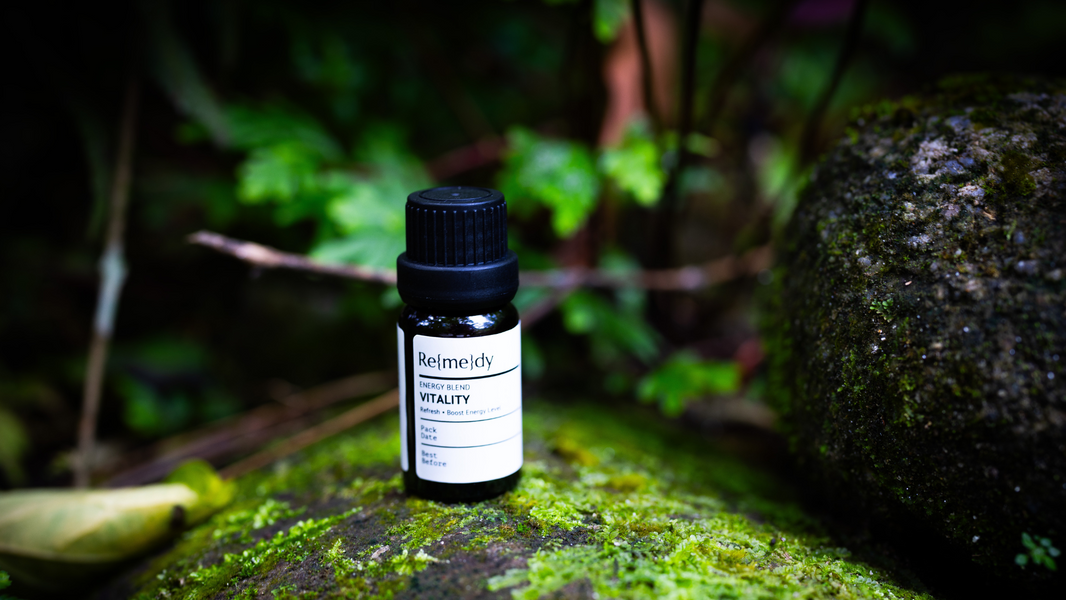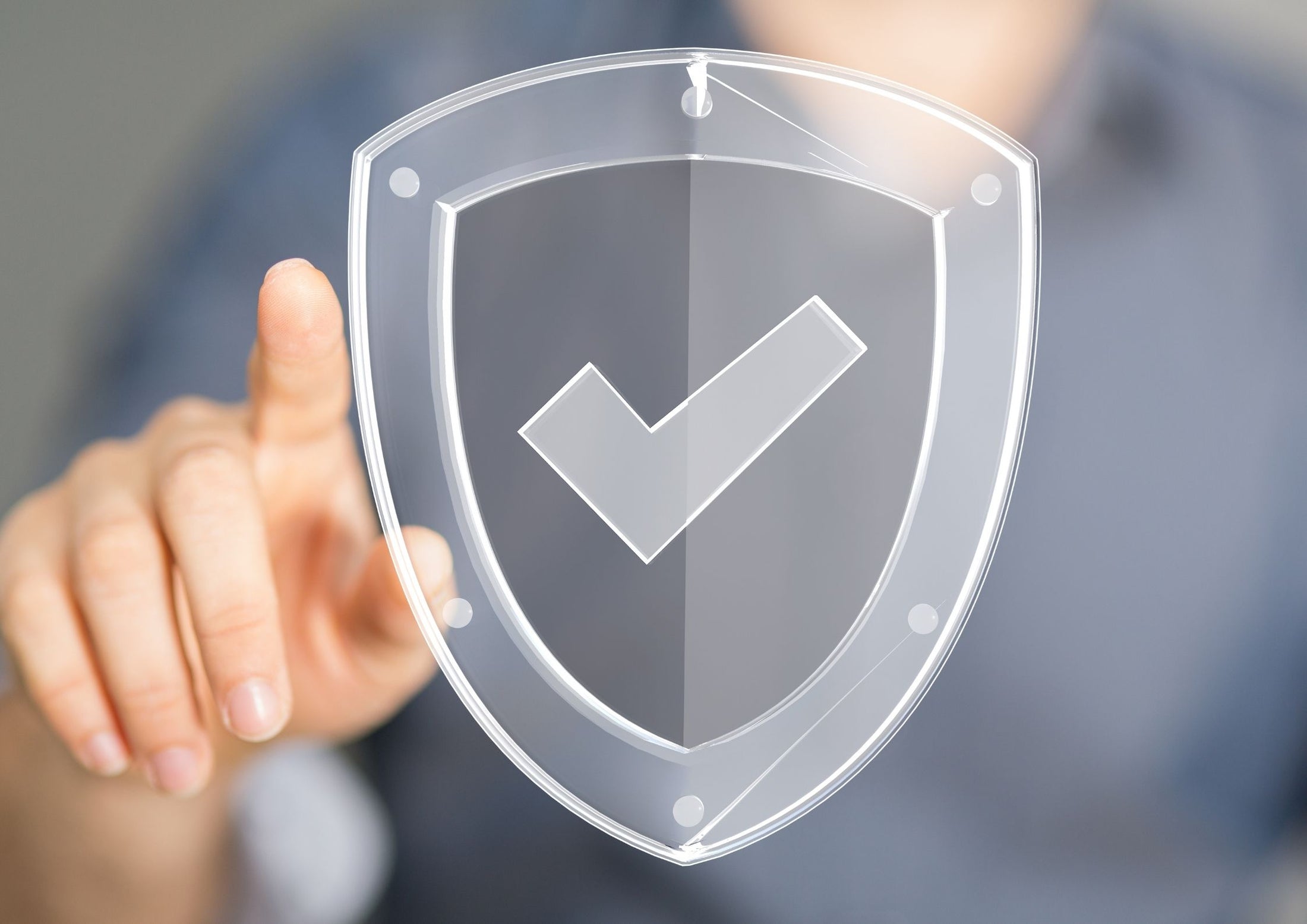As the numbers of daily infections raise to above 8000, the chance of any of us getting infected becomes a real reality and importance of improving our immune system to combat the virus becomes more important than ever.
Though we can try as much to ensure we practise safe hygiene, wear masks 24/7, sanitise / wash our hands every 5min, there is still a clear chance that we may get infected as infections get closer to you [neighbours, relatives, friends, colleagues]. What we should also do now besides a good hygiene regime is also to build our immune system.
Why should we build a strong immune system?

The reason is simple - A Better immune system helps you fight off infection better. A healthy immune system protects us by first creating a barrier that stops those invaders, or antigens, from entering the body. And if one slips by the barrier, the immune system produces white blood cells, and other chemicals and proteins that attack and destroy these foreign substances.
So if we do get infected, a good immune system can be the difference between us just experiencing the mild symptoms versus being in the ICUs and needing respirators.
How do we build a better Immune System?
Better Gut Health

75% of our immune system is in our Gut so one of the most logical principles is to help make your gut healthier and inherently your Immune System will be healthier as well.
- Take more Pro-biotics - Yogurt, Greens, Kombuchas, Kefirs, Supplements
- Input Pre-biotics - Pre-biotics are found in fruits, green vegetables and whole grains. You can also find supplements that provides these Pre-biotics

Incidentally, as 75% of our Immune System is in our Gut, it is no surprise the ways described below which helps make our Immune System stronger are also what helps make our Gut Microbiome become healthier as well.
Video Interview about Gut Health & Immune System
Here is a short video session we recorded with Pang, one of our co-founders and Council of Experts (Chiropractor & Nutrition Specialist)
Exercise
Physical activity may help flush bacteria out of the lungs and airways. This may reduce your chance of getting a cold, flu, or other illness. Exercise causes change in antibodies and white blood cells (WBC). WBCs are the body's immune system cells that fight disease.
So if you exercise regularly, it is good for you. However please understand there is a difference between exercising and over-exercising.
Reduce Stress
Stress occurs when life events surpass your abilities to cope. It causes your body to produce greater levels of the stress hormone cortisol. In short spurts, cortisol can boost your immunity by limiting inflammation. But over time, your body can get used to having too much cortisol in your blood. And this opens the door for more inflammation, Dr. Calabrese says.
In addition, stress decreases the body’s lymphocytes — the white blood cells that help fight off infection. The lower your lymphocyte level, the more at risk you are for viruses, including the common cold and cold sores.
High stress levels also can cause depression and anxiety, again leading to higher levels of inflammation. In the long-term, sustained, high levels of inflammation point to an overworked, over-tired immune system that can’t properly protect you.
Hence to improve your immune system, you need to find ways to reduce your mental stress and taking part in activities that distracts you from work and pressure is a good way to reduce stress - Yoga, Meditation, Gardening, Planting, Walking, Music, etc.
Give up Smoking + Drink Less
We are not going to go into why smoking and drinking is not good for health, as there are many many articles you can read on that. It is a clear scientific fact and if you are able to do these, you will help your immune system.
Adequate Sleep
During sleep, your immune system releases proteins called cytokines, some of which help promote sleep. Certain cytokines need to increase when you have an infection or inflammation, or when you're under stress. Sleep deprivation may decrease production of these protective cytokines.






